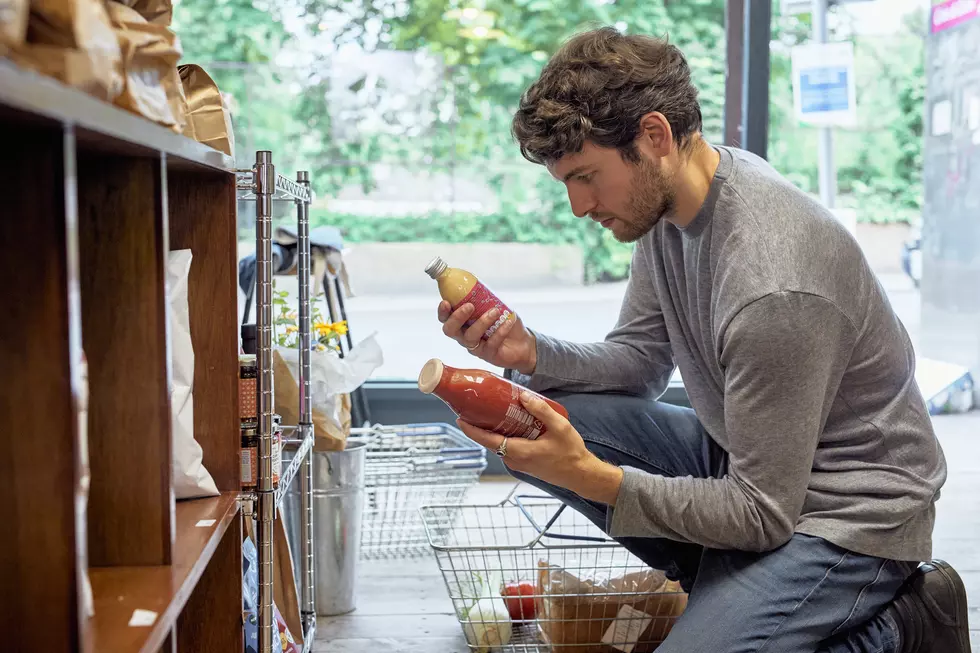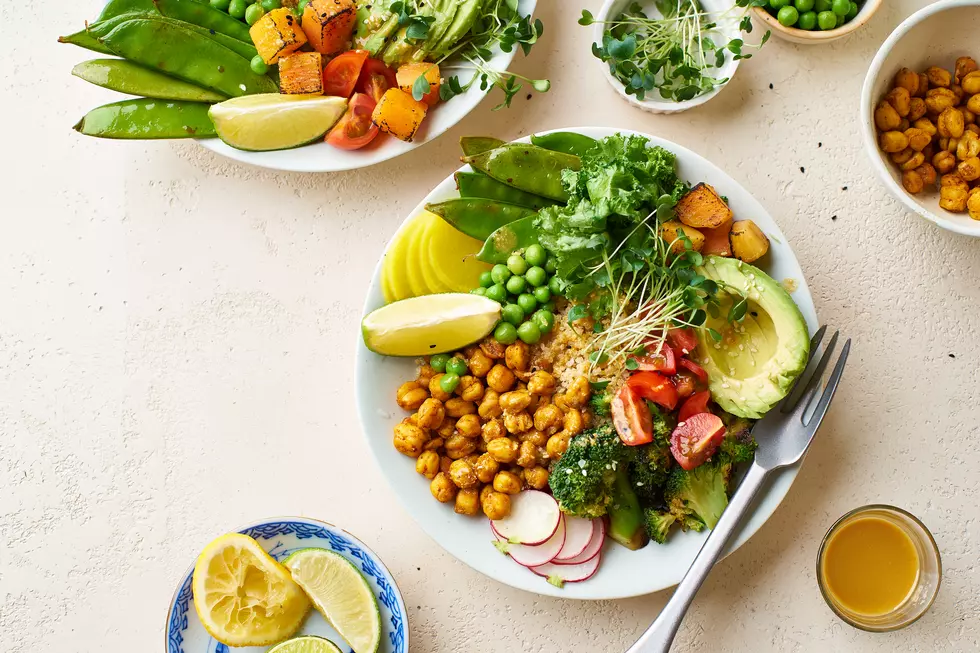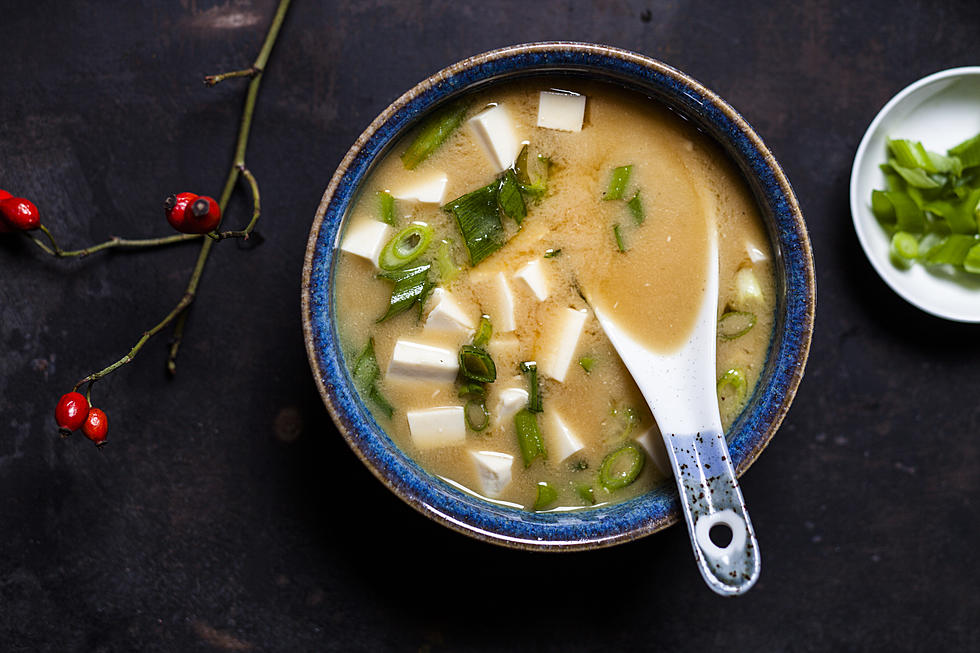
What’s Hiding In Your Vitamin Supplement? The Ingredients to Avoid
You think twice about the food you’re eating – does it have animal products? is there carrageenan in it? How much added sugar is in it? – but when was the last time you scrutinized what's in your supplements? A whopping 86 percent of Americans take vitamins or supplements, according to a survey by the American Osteopathic Association. If you’re plant-based or vegan, you probably need to supplement, such as by adding vitamin B12.
Here’s the problem, though: It’s nearly impossible to know what exactly is in your supplements. Although there are FDA regulations for dietary supplements, they’re relatively lax. “There’s minimal oversight and relatively few inspections of facilities,” says Tod Cooperman, M.D., president of ConsumerLab.com, which reviews supplement and nutritional products. There is no sourcing requirement on your vitamin labels, so you don't know what is in it or where the raw nutrients came from. “You’re relying on the manufacturer to make the product correctly with high-quality ingredients, but even well-meaning companies make mistakes without knowing it.”
That’s why you have to be even more careful about the supplements you’re buying. Here are six tips to keep on your radar when picking out supplements, including where the vitamins are from such as animals or fish. Plus we found eight “clean” vegan-friendly brands to consider.
6 tips to choose the best vegan supplements
1. Watch out for misleading and meaningless claims
If a supplement claims to treat or prevent a disease, proceed with caution. “This type of marketing is inaccurate and illegal,” says Mascha Davis, M.P.H., R.D.N., registered dietitian nutritionist in Los Angeles. You should also question any supplement that says it contains “proprietary blends.” Translation? “This could mean that it may have fillers or unsafe ingredients."
Other claims on supplement labels that are meaningless or suspect:
- “Contains clinically-tested ingredients.” The word "tested" doesn’t mean proven, and sometimes the combination of ingredients has never been tested together.
- “Tested by an FDA approved laboratory.” The FDA doesn’t approve labs.
- “Pharmaceutical grade,” since there’s no such thing in most supplement ingredients.
2. Know that labels don’t have to tell you if you’re getting more than you need
Here’s the crazy thing about supplements: “They don’t have to disclose if the product provides more than is considered tolerable,” Cooperman says, adding that even ingredients that may be beneficial can be harmful if you take too much. To remedy this, look for supplements that show you how much you’re getting of each ingredient.
3. Avoid additives
Hydrogenated oils, artificial colors, added sugar (mainly in gummies), magnesium stearate, and titanium dioxide are just some of the additives you’ll find in supplements, and experts advise steering clear of all of them for various reasons. Take, for instance, titanium dioxide, which is commonly added to pills to make them white.
Although the FDA considers this substance to be generally safe and evidence to support this in human studies is lacking, the International Agency for Research on Cancer considers it a carcinogen, Davis says. Or consider magnesium stearate which is added to supplements to support the breakdown and absorption of the pills. It’s considered generally safe to consume, but if you have too much, it can have a laxative effect, and some people are allergic to it, Davis says. Meanwhile, added sugars can mess up your efforts to control blood sugar levels while oils are high in trans fatty acids (“the worst type of fatty acid,” she adds) and artificial colors have been shown to have numerous types of negative effects, including making hyperactivity and ADHD worse.
4. Look for third party testing
Contamination is an issue with supplements. “Heavy metals like arsenic, lead, and mercury have been found in supplements and can be toxic in the body,” Davis says. The FDA, however, hasn’t established limits on contamination in supplements, instead of leaving it up to each manufacturer to determine. “The problem is that the manufacturers also get to decide how they’re going to test for contaminants, as well as active components, and they may choose methods that aren’t as rigorous as others,” Cooperman says.
This is why it’s key to look for a company that does third-party testing, even providing results on its website to show that the product ingredients have been tested, says Davis who also recommends finding companies that have a B Corp Certification. This designation shows that the company has met the highest standards of social and environmental performance, among other things, and is important for supplement safety, she says.
5. Find supplements with vegan ingredients
If you’re choosing supplements with plant-based ingredients, especially herbs, third-party testing is even more critical. “My biggest concern is with the heavy metals that often can be absorbed into the plants when growing,” Cooperman says, adding that ConsumerLab.com hasn’t found that products labeled organic are better in this regard, although they are lower in pesticides. Unless you live in California where products are required by law to include warning labels about contaminants, look for products that have been tested and approved by ConsumerLab, USP, or NSF and be wary of products that contain many herbal ingredients and need to be taken in large amounts, he adds.
6. Don’t expect to find drug interactions listed
Not specifying nutrient drug interactions can be dangerous, Davis says. For instance, the herbal supplement black cohosh may interact with atorvastatin, which can cause liver toxicity. “This is why it’s important to always check with your health care provider before supplementing,” she says.
Trustworthy Vegan Supplement Brands
The number of companies selling vegan supplements (and for practical purposes, gummies aren’t included in this list) is growing by the day. Here are some of the brands we love.
- Calgee: This company sells sustainable omega-3 supplements made from algae oil. Calgee, which is a member of the 1% For The Planet, also uses eco-friendly and often compostable or recyclable packaging materials.
- Cymbiotika: Almost everything this company sells – from zinc and magnesium to apple cider vinegar and probiotics – is vegan, and most products contain organic ingredients. Its website maintains that it never uses things like fillers, additives, sugars, chemicals, GMOs, or preservatives.
- Gaia Herbs: Gaia grows many of the herbs on its certified organic farm in North Carolina for its supplements, all of which are vegetarian and most of which are vegan (if they’re not, it’s because they contain honey or other bee-derived ingredients). While it tests products in-house, it will also use third-party testing as needed. Bonus? You can trace your herbs from the product’s packaging.
- MegaFood: Not only is MegaFood certified organic, but it’s also certified Glyphosate Residue Free, which means its products have gone through third-party testing for glyphosate, a harmful pesticide. In fact, the company actually tests for over 125 pesticides and herbicides. All of its vegan products are certified by Vegan Action.
- NOW Supplements: You might know NOW as a food company, but it also has an extensive supplement line. It tests its products in-house and carries third-party certifications from USDA Organic, Cruelty-Free, and Non-GMO Project Verified. Not all of its products are vegetarian or vegan so look for the vegan seal on the product.
- Pure Synergy: A section on Pure Synergy’s website is devoted to its testing process, which includes testing each ingredient as well as the finished product. Each supplement then gets its own Certificate of Compliance to verify the results. Its supplements, which include a wide range of products, are sourced from organic fruits
- Wholier: Founded by Lisa Gonzalez-Turner, a vegan entrepreneur who could never find a multivitamin that fit her needs Wholier only has the essential items you need on a vegan diet. "Most vitamin D3 on the market is made from sheep's wool," says Gonzalez-Turner, so she decided to create a formula using all plant-based ingredients. She launched the company in 2017 in Brooklyn, NY. It ships nationwide.
- Zhou Nutrition: This Utah-based company sells numerous vegan supplements, including Methyl B12, multi-vitamins, and probiotics. The company tests every batch of raw and final products and has third-party testing. To ensure you’re finding Zhou’s vegan products, look for the “Vegan V” label.
For the best nutritionist-approved vegan multivitamins, visit The Beet's guide to plant-based multivitamins.
More From The Beet









